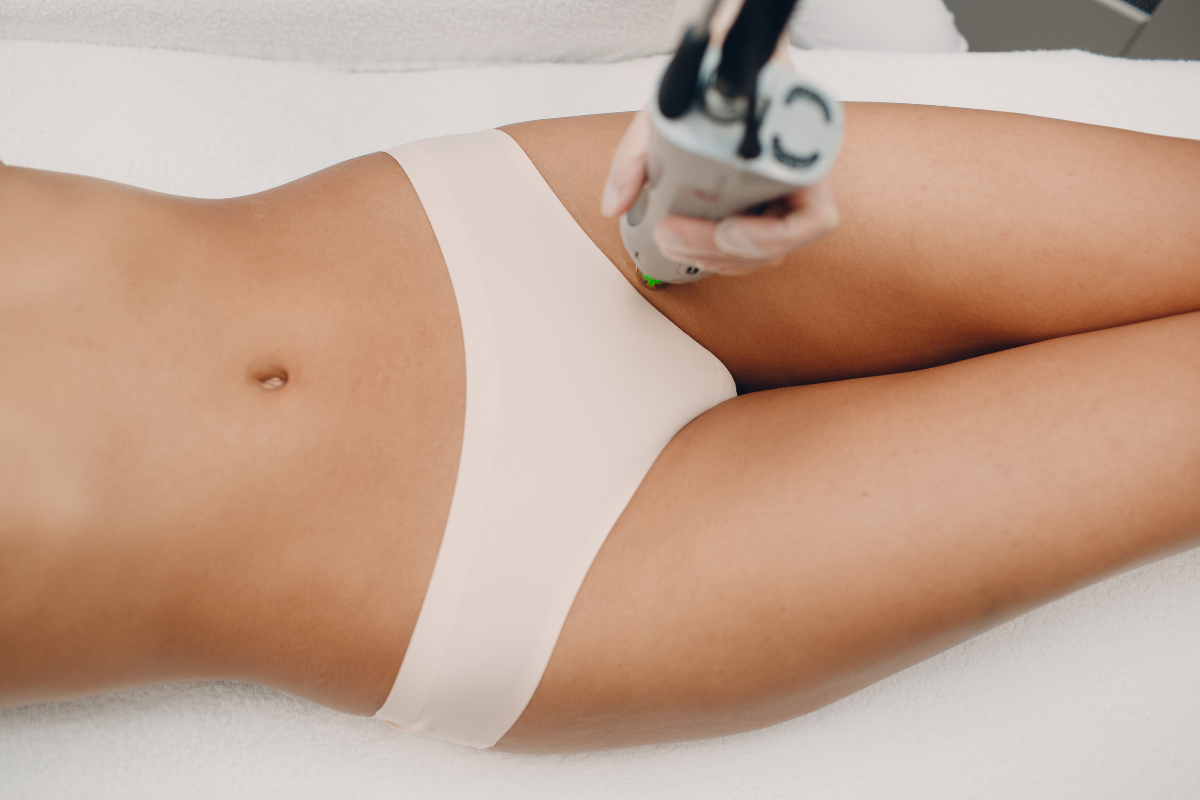Can Glutathione Cause Acne? Understanding Its Effects on Your Skin
Glutathione has gained immense popularity as a skin-brightening and anti-aging supplement, but many individuals report unexpected breakouts after starting glutathione treatments. While this powerful a...
_20250318155057.png)
_20250317151142.png)
_20250315223441.png)

_20250227043252.png)
_20250226181339.png)
_20250225214943.png)
_20250225201619.png)
_20250224212821.png)
_20250224165508.png)
 Chat with us
Chat with us